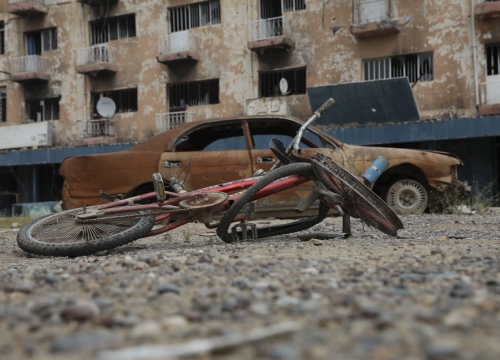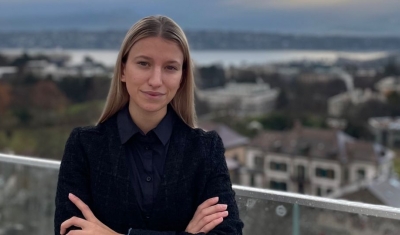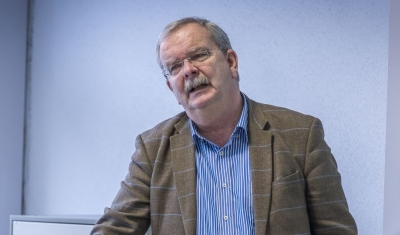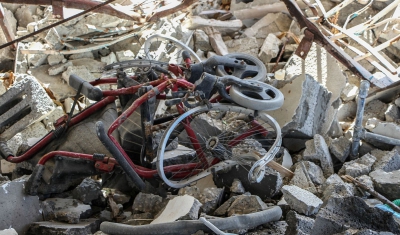The Law of International Armed Conflicts – Hague Law


ICRC
Descriptive
Besides the law governing the conduct of hostilities, the second main purpose of international humanitarian law (IHL) is to mitigate the human suffering caused by war. This second branch is also known as the law of Geneva. It is, therefore, crucial to carefully study the various rules of IHL that can help to protect vulnerable persons – such as civilians and prisoners of war – as well as goods during armed conflict.
After having followed this online short course, participants will know who the protected persons and goods are and what rules of IHL can be used for their protection in an international armed conflict. An overview of the rules applicable in non-international armed conflicts will also be given.
Online
This is an online short course.
Schedule
Classes will take place online during lunchtime on:
- Thursday, 23 January 2025, 12:00–14:00 (CET)
- Friday, 24 January 2025, 12:00–14:00 (CET)
- Thursday, 30 January 2025, 12:00–14:00 (CET)
- Friday, 31 January 2025, 12:00–14:00 (CET)
- Tuesday, 4 February 2025, 12:00–14:00 (CET)
- Tuesday, 11 February 2025, 12:00–14:00 (CET)
Audience
This short course forms part of the Geneva Academy Executive Master in International Law in Armed Conflict. It is open to professionals – diplomats, lawyers, legal advisers, judges, NGO staff, human rights advocates, media specialists, professionals working in emergency situations, UN staff and staff from other international organizations – who are not enrolled in the Executive Master and who want to deepen their expertise in this specific issue.
Fee
The fee for this short course is 1,250 Swiss Francs. In case of cancellation by the participants, CHF 200 won't be returned.
Certificate
Participants obtain a certificate at the end of the course (no ECTS credits are gained).
How to Apply
Applications must be submitted via this online form.
Your application will have to include:
- A short motivation letter (no more than one page)
- Your curriculum vitae
- Proof of your competence in English (a certificate or statement highlighting your solid background in English)
- A valid copy of your visa or residence permit for candidates wishing to follow the short course in Geneva (only applicants who require a visa to enter the Schengen area).
Once admitted to the course, participants receive instructions on how to pay. Proof of payment is required before you begin the course.








